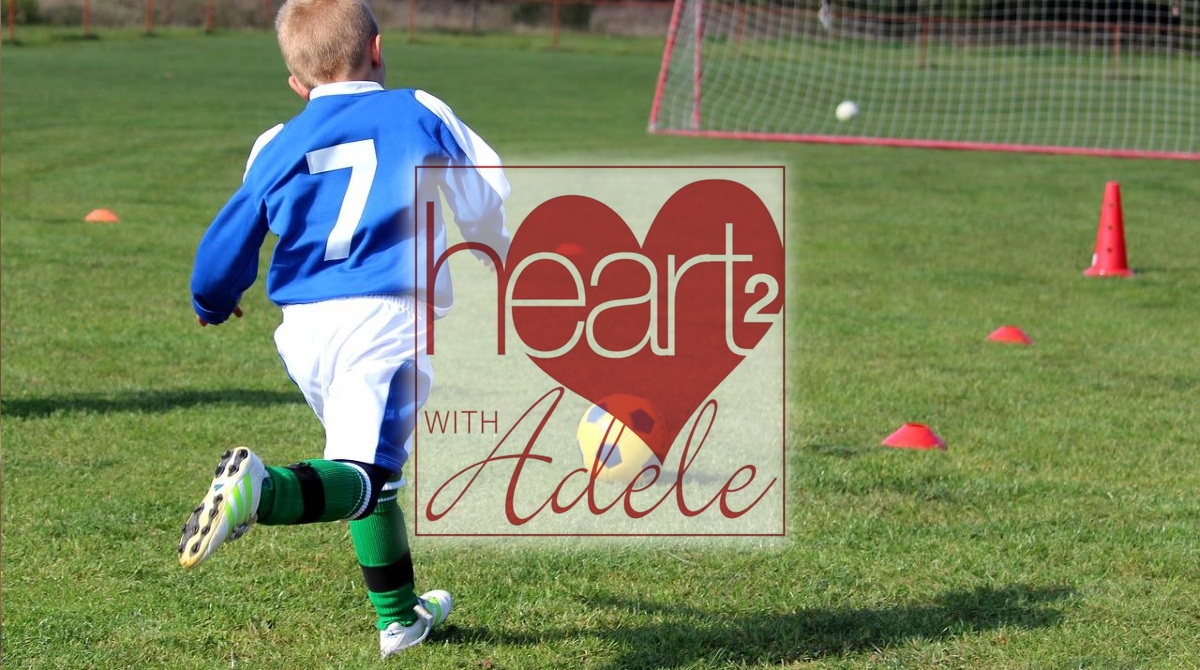
Breathing exercises to improve mental wellbeing
Whether we are anxious or relaxed, our breathing reflects these emotions in the nervous system. Thankfully, we can change our nervous system and emotions by becoming aware of and modifying our breath through breathing exercises.
Breathing exercises can promote relaxation, help reduce pain, and improve mental wellbeing. Abdominal breathing, also called diaphragmatic breathing, increases oxygen levels in the body and helps to strengthen the diaphragm.
Many people feel more relaxed and focused after abdominal breathing. Some people find abdominal breathing helpful in processing negative emotions. Breathing exercises can be practiced anytime, anywhere, for free, making it an ideal way to manage stress and support overall wellbeing.
To help you get started, I wrote out an abdominal breathing exercise that I give to my clients.
Let's jump in.
Abdominal Breathing Exercise
- Sit or lie down comfortably, with your feet flat on the floor. Put one hand on your chest and the other on your tummy, just below your ribcage. Feel yourself breathing and become aware of how deeply or shallowly you are breathing.
- Take a deep breath, feeling your abdomen rise as you breathe. Your upper hand should move very little, while your belly lifts your other hand. Imagine a feeling of warmth as the breath moves from your mouth, down your throat, into your lungs, and your diaphragm expands.
- Hold the breath for a count of four.
- Exhale slowly through your nose for a count of four.
- Inhale slowly to a count of four, feeling the warmth of your breath and your abdomen rising. Try to keep your chest relatively still. Hold the breath for four, then exhale slowly, and repeat.
Think about how your body feels different from before practicing abdominal breathing. Are your shoulders more relaxed? Do your thoughts feel any different?
Repeat
Five minutes of abdominal breathing daily can promote relaxation, decrease stress, and improve one's sense of wellbeing.
Learning to practice abdominal breathing while seated or lying down is preferred. However, any conscious breathing is beneficial, even one or two breaths when standing in line at the grocery store. Over time, you may not need to involve your hands in abdominal breathing exercises. You may also want to tense your abdomen slightly at the end of each exhale to push out any remaining air.
Some people use visualizations or repeat words or affirmations between breaths. With practice, you will find the rhythm and routine that works best for you.
And Finally
Practice whenever you can. Because of how abdominal breathing affects your mental state, it may be particularly beneficial when you are stressed out, fatigued, frustrated, or confused. Abdominal breathing can help you to relax, reset, and refocus.
What Do You Think?
Have you tried abdominal breathing? Did it help? Leave me a comment below.
Do You Want To know more?
If you are dealing with the added stress or anxiety and need extra help, you can book a free in-person, phone or video Functional Medicine Discovery session with me. Book online HERE or call 613 230-0998.
During the meeting, we will briefly talk through your symptoms and discuss whether my Functional medicine approach is right for your needs.
Disclaimer: The information provided in this article is for educational purposes only and is not intended to diagnose or treat any disease. Please do not apply any of this information without first speaking with your doctor.
Dominick Hussey is an Osteopathic Manual Practitioner, a Functional Medicine Practitioner, a PDTR Therapy Practitioner and the Co-founder of Ottawa Holistic Wellness.









